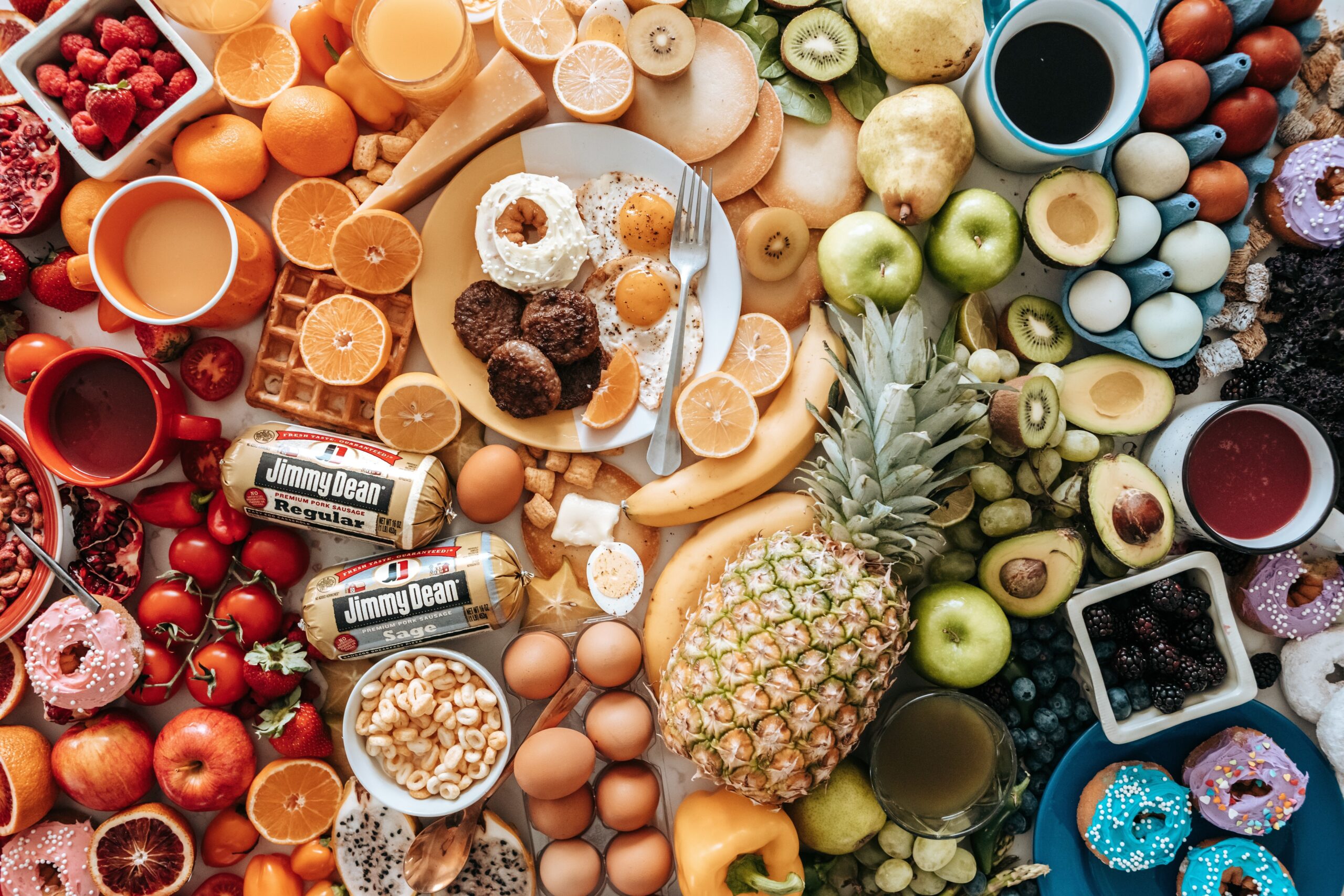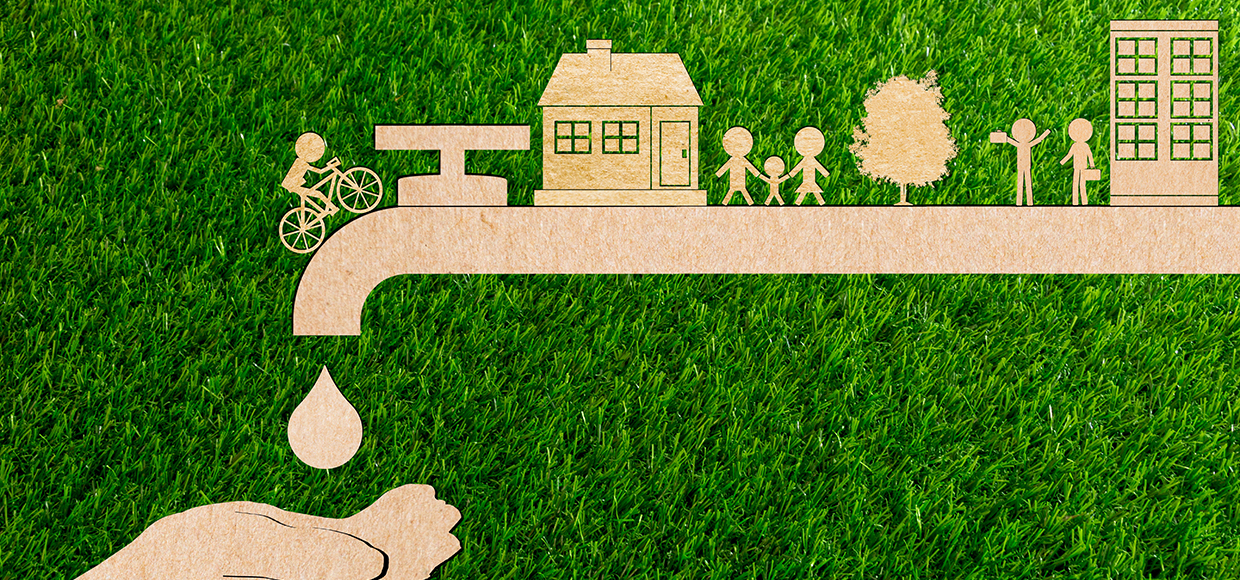Food wastage is turning out to be a big problem.
A recent study by the Rabobank-KiwiHarvest Food Waste Research has revealed that food wastage by the Kiwis is very high.
According to recent estimates, food being wasted by the country per year is to the tune of NZ$2.4 billion, up from NZ$ 2 billion in 2019. An average New Zealand household wastes food of value up to NZ$1259 every year.
Fruits and vegetables are some of the most wasted foods, accounting for about two-thirds of all food waste, according to the study.
Bread accounted for over a quarter of all food wasted and meat contributed over 6 per cent.
It was also found that the proportions of food being wasted by the younger kids was far more than what is being wasted by the elderly. The survey found nearly 50% of the Kiwis threw out unopened or even untried food in the last year, and only one-third of the Kiwis planned their meals in advance.
The biggest reason for food going to waste was relentless buying and food going off before it can be finished, food not tasting as good as expected and food going off before a use-by date.
Kiwis becoming aware but not doing enough
There is no doubt that over the years, as the issue has been rearing its ugly head, New Zealanders are becoming more sensitive towards food wastage as a problem.
They have even taken to eating foods before the date of expiration, and not discarding too many leftovers.
Todd Charteris, the CEO of RaboBank New Zealand, was of the view that as compared to the year 2019, New Zealanders have become more sensitive to food wastage are now likely to be eating food before the date of its expiry and not discarding.
Food rescue agencies doing enough work
While people must do much more on this front, there are many voluntary agencies that are diverting wasted food from reaching landfills to hungry homes.
In fact, the voluntary agencies have taken up this task of diverting food from landfills to hungry homes. Known as the food rescue charities, they are growing rapidly.
For instance, in 2021, KiwiHarvest expanded its services to reach beyond the city limits. The charity is getting busier than before.
The year 2020 saw an 80 per cent increase in volume over the previous year.
Around 330,000 tonnes of food is wasted by New Zealanders every year.
New Zealand supermarkets are collaborating with food rescue charities across the country to avoid throwing away unsellable food and trying to find innovative ways to minimise the amount of food thrown away.
Supermarkets are serious about it, as around 85 per cent of the food is diverted from the landfills. They say they are in the business of selling food and not wasting it.
Many supermarkets are working hard to minimise food wastage completely and some of them like Countdown has made a commitment that by 2025 no food will go to landfills from the supermarkets.
There is even an app called Foodprint that allows cafes and restaurants to advertise food that they would have thrown out.
The app helps in selling that food at a much lower price.
This is preventing to some extent the food from going to landfills as 300 eateries have signed up with 30,000 users.
Food wastage reduction is extremely important for food security, addressing climate change, and saving money. In addition, it will go a long way in easing pressures on land, water, and waste management systems.
There is some awareness around food waste on the climate change side, but the households are still not doing enough: The average household wastes three shopping trolleys of food every year which is a lot.
During the COVID-19 induced lockdowns, food waste decreased as people felt the supply constraints and some financial hardships faced by the Kiwis.
But with a return to normalcy, people are again going for big shopping trips and returned to how it was before.
While most New Zealanders said that they were concerned about food wastage and would work towards reducing waste, there is a significant disconnect between attitudes towards food and actions being taken.
Besides what people need to do at their level in terms of having a close look at what they buy, how much food they prepare and what they actually eat, are Government interventions needed?
The New Zealand Government has come out with Waste Disposal Levy Expansion from 1 July 2021.
This will help the Government expand the national waste disposal levy. The revenue gathered through this levy is going to be used for initiatives to reduce waste and encourage composting and waste recycling.
There are some other steps like improving the roadside collection of household waste. But these steps look peripheral. There is a need for some concrete Government interventions like working on a national definition of food waste.
There is also a need for developing a food wastage reduction target and mandatorily enforcing it and supporting food rescue projects.







